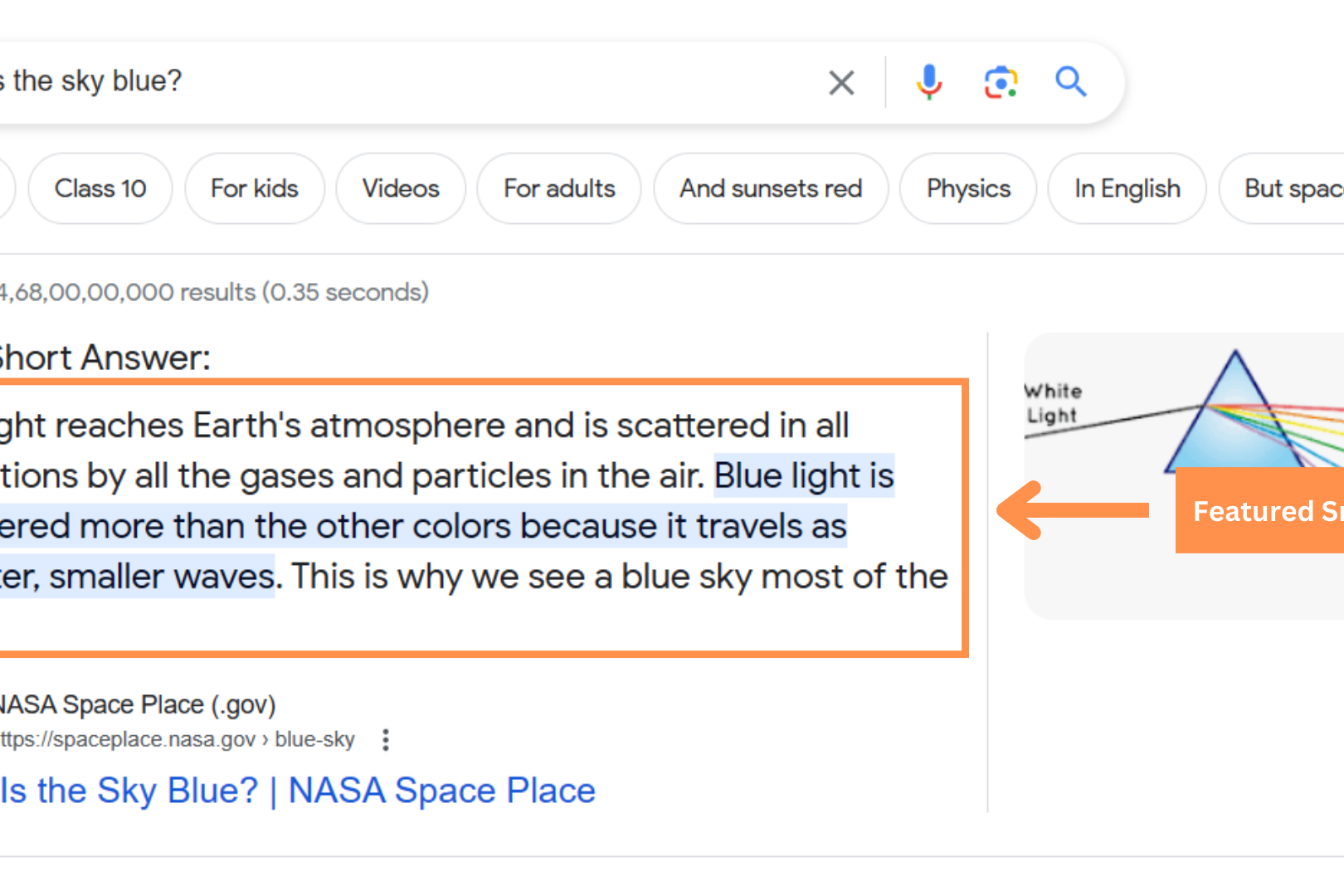The absence of keyword research tools can make optimizing your content for search engines a challenging task, similar to playing darts in a dark room with little to no visibility. While you may occasionally land a hit, the majority of your efforts will likely fall short.
This is where keyword research tools come in to help streamline your SEO strategy. These tools can assist in generating keyword ideas, determining the popularity of a specific term, detecting trends, and assessing the level of competition for ranking a particular phrase.
Fortunately, there are numerous high-quality, free keyword research tools available, offering a wealth of information for your marketing and SEO needs. The following 12 free keyword research tools are easy to use and provide valuable data.
These tools range from powerful keyword generators for Google and other search engines, to those specifically designed for e-commerce sites such as eBay, Etsy, and Amazon. The most comprehensive of these tools include critical SEO data such as monthly search volume and competition levels for your targeted terms.
Below are the benefits and drawbacks of each of these 12 free keyword research tools, along with a brief description of what they can help you achieve:
- Keyword Surfer
- AnswerThePublic
- Keyword Sheeter
- Keyworddit
- QuestionDB
- Ahrefs Keyword Generator
- SEMrush Keyword Magic Tool
- Ubersuggest
- Moz Keyword Explorer
- Soovle
- Keyword Tool Dominator
- Google Trends
Keyword Research for Blog Topic Ideas
Generating blog topics and keywords can be made easier with the help of keyword research tools. These tools scrape search engines and question-answer databases to provide valuable insights on what your potential customers want to know. Here are five such tools:
Keyword Surfer
Keyword Surfer is a Chrome browser plugin that displays relevant information on the right side of the results page every time you search a term. The information includes keyword ideas with their volume, cost per click, ranking pages, and traffic to the top 10 pages. Although it’s a useful tool, it’s still relatively new, so there may be some inconsistencies with other Google search tools.
AnswerThePublic
AnswerThePublic provides raw search insights by displaying questions related to the search term entered. The results are shown in a graphical format and can be downloaded as a graph or list. The tool is highly effective in generating keyword ideas and understanding what your target audience wants to know, but it has a limit of 3 free searches a day.
Keyword Sheeter
Keyword Sheeter extracts autocomplete results from Google and displays real-time data on what people are searching for. It’s a fast way to generate a long list of keyword ideas, but it doesn’t provide data on search volume or competitiveness.
Keyworddit
Keyworddit mines keywords from Reddit by searching through titles and comments in a specific subreddit over a specified time frame. It can provide up to 500 keywords with search volumes, but the relevance of the results may vary.
QuestionDB
QuestionDB is a great tool for generating blog topic ideas by pulling questions from various question-answer websites, including Reddit and Quora. It allows unlimited searches without registration and provides related topics, source links, and answers to the questions. The free account, however, limits the results to 50 per query.
Freemium Keyword Research Tools for SEO Analysis
There are several premium paid websites that offer free tools for limited use. These free tools provide comprehensive keyword research services, albeit with fewer features or a limited number of searches. Here are a few popular freemium keyword research tools for SEO analysis:
Ahrefs Keyword Generator
Ahrefs Keyword Generator is one of the free tools offered by Ahrefs, a popular paid service. This tool provides top 100 keyword ideas from its database of over 8 billion keywords from over 170 countries. For each keyword, the tool displays search volume, keyword difficulty, and a list of related questions. You can use the tool to identify long-tail keywords, target less competitive phrases, and isolate your search based on geographic location or search engine. The tool also allows you to export your data, but you’ll have to prove you’re not a robot with every new search, as you don’t create an account with the free service. In addition to the Keyword Generator, Ahrefs also provides free Bing, YouTube, and Amazon tools.
SEMrush Keyword Magic Tool
The SEMrush Keyword Magic Tool is one of several free tools offered by SEO giant SEMrush. To access the free tools, you’ll need to create an account and skip the trial. With the Keyword Magic Tool, you can access over 20 billion keywords from over 120 geographical databases. The free reports include monthly search volume, competitive density, and keyword difficulty. The tool also allows you to sort keywords into topic-specific subgroups, apply filters, and export your findings. However, the free account limits you to 10 searches a day across all the complementary tools provided by SEMrush.
Ubersuggest
Ubersuggest provides a wealth of information with its free version. When you enter a search term, it displays the search volume, SEO difficulty, paid difficulty, and CPC, along with the number of backlinks you would need to rank on the first page of Google. The tool also provides lists of keyword ideas and page content ideas, which display related blog titles and the number of clicks and shares each article receives. Ubersuggest also provides a free Chrome extension to view data on the SERP easily. The free version limits you to a single website and 3 keyword searches per day.
Moz Keyword Explorer
Moz Keyword Explorer is an attractive and well-designed keyword research tool. The tool provides monthly volume, organic difficulty, organic click-through rate, and a priority score for each search term. The SERP analysis, included with the free search results, gives you information about 10 pages that rank for your target keyword, including title, URL, page authority, domain authority, and a number of backlinks. The free account limits you to 10 queries a month.
Keyword Research Tools for E-commerce, Online Sellers, and Multichannel Marketers
Many keyword research tools focus solely on search engines like Google. However, platforms such as Amazon, eBay, Etsy, and YouTube have their own unique algorithms. To reach beyond these search engines and target specific platforms, tools like Keyword Tool Dominator and Soovle can be extremely helpful for e-commerce businesses and online sellers.
Soovle
Soovle is an excellent tool for e-commerce websites or marketers using multiple channels. It allows you to find popular keywords across multiple platforms including Amazon, Wikipedia, YouTube, and eBay.
Not only does it serve as a keyword research tool, but it also functions as a keyword generator. As you type in your desired keywords, it will automatically generate phrases to expand your ideas. Soovle offers unlimited searches for free, however, it is limited to only generating ideas and does not provide metrics such as keyword difficulty or search volume.
Keyword Tool Dominator
Keyword Tool Dominator helps you stay on top of search trends by providing access to autocomplete databases from platforms like Google, YouTube, Amazon, Walmart, Bing, Etsy, and eBay. This allows you to uncover up-to-date keywords and search terms.
It is an excellent resource for online sellers and multichannel marketers who want to rank beyond just search engines like Google. However, the free version of this fast and user-friendly tool limits users to only two searches per day. For more queries, a paid plan is required.
Understanding Keyword Trends Over Time
When it comes to determining the popularity of a particular topic, it can be difficult to know whether it’s a long-term trend or just a passing fad. That’s where Google Trends comes in.
Google Trends
Google Trends is a free tool that provides information on search terms used on both Google and YouTube. All you need to do is enter a search phrase on the homepage and you’ll receive a list of results from Google. From there, you can choose to view trends from YouTube or other options such as Google Shopping, Images, and News.
Google Trends provides valuable insights, including:
- Identifying current trends
- Drilling down into popular topics within an industry or related to a theme
- Understanding local search trends
- Discovering related keywords that are gaining popularity
- Charting the public interest in a topic over time
- Pinpointing where a topic is most popular
Google Trends is a great tool for understanding the growth of keyword popularity, but it doesn’t provide data on monthly search volume or competition levels.
How to choose the best keyword tool for your needs?
Before selecting the best keyword research tool for your needs, it’s important to consider the reason behind your keyword research. Ask yourself the following questions to determine if a free or paid tool is the right fit:
- What is the purpose of my keyword research? What am I hoping to learn or achieve?
- Am I using keywords to promote my business or brand, or to generate sales?
- How can I engage my target audience with relevant keywords? What phrases are they likely to use when searching for products or services similar to mine?
- Who is my competition, and how can I use keywords to improve my online ranking?
- What features are important to me when it comes to a keyword research tool?
By identifying the features you need to meet your marketing goals, you can narrow down the list of keyword research tools and choose the best one for you.
Need help with SEO? Contact Us!
Not only do our experts know how to best leverage the features of keyword research tools but also they understand that every business needs unique solutions to drive sales and growth. Get in touch with us today to start the success story of your business!
Related Posts
August 9, 2023
What is PPC Marketing? Answered with Pros and Cons
What is Pay-Per-Click Marketing or advertising? We answer that and more with…
August 1, 2023
Featured Snippets on Google: How Do They Work and why should you care?
What are Featured Snippets and how can they improve your website's search…
July 19, 2023
Here’s Why Off-Page SEO Is Just as Important as SEO on Your Landing Page
Discover why off-page SEO is just as crucial as on-page optimization. Learn how…



